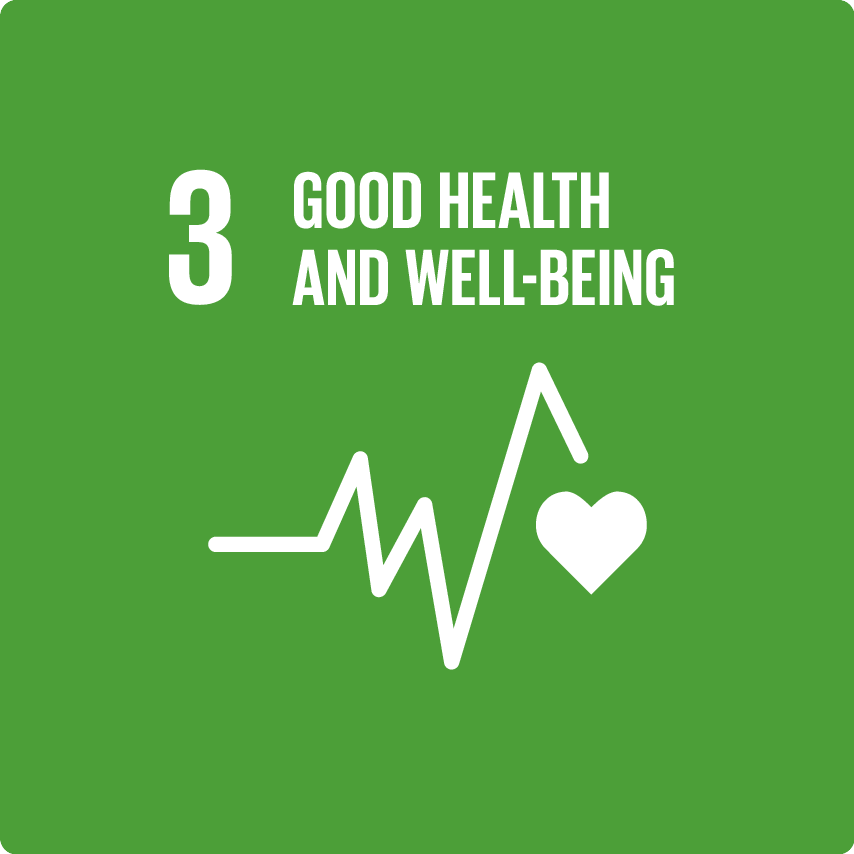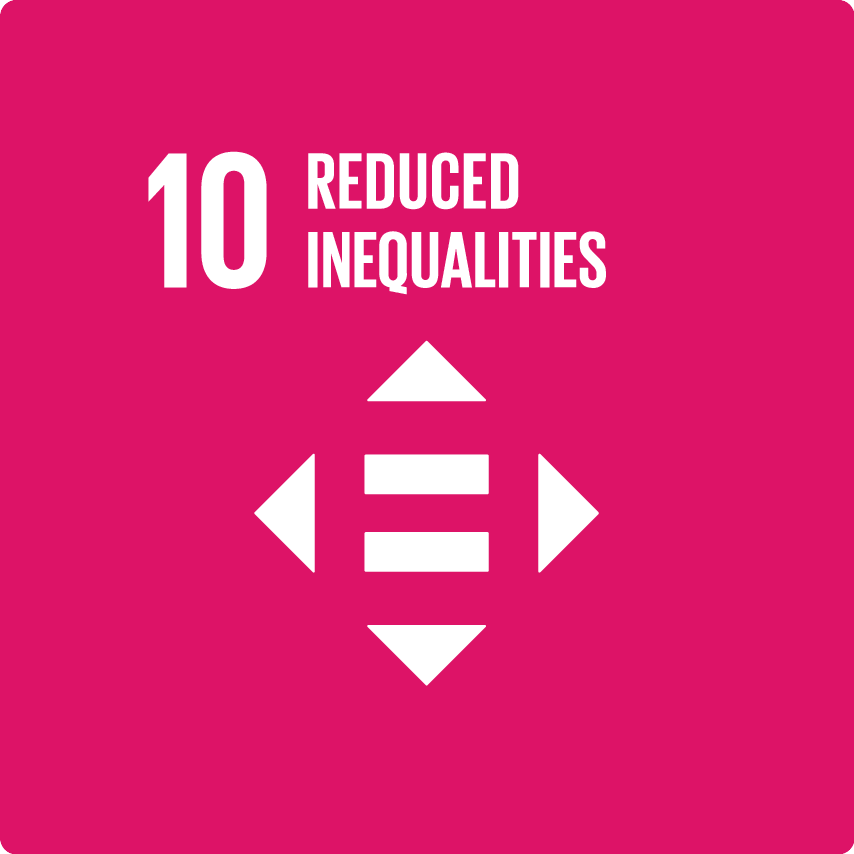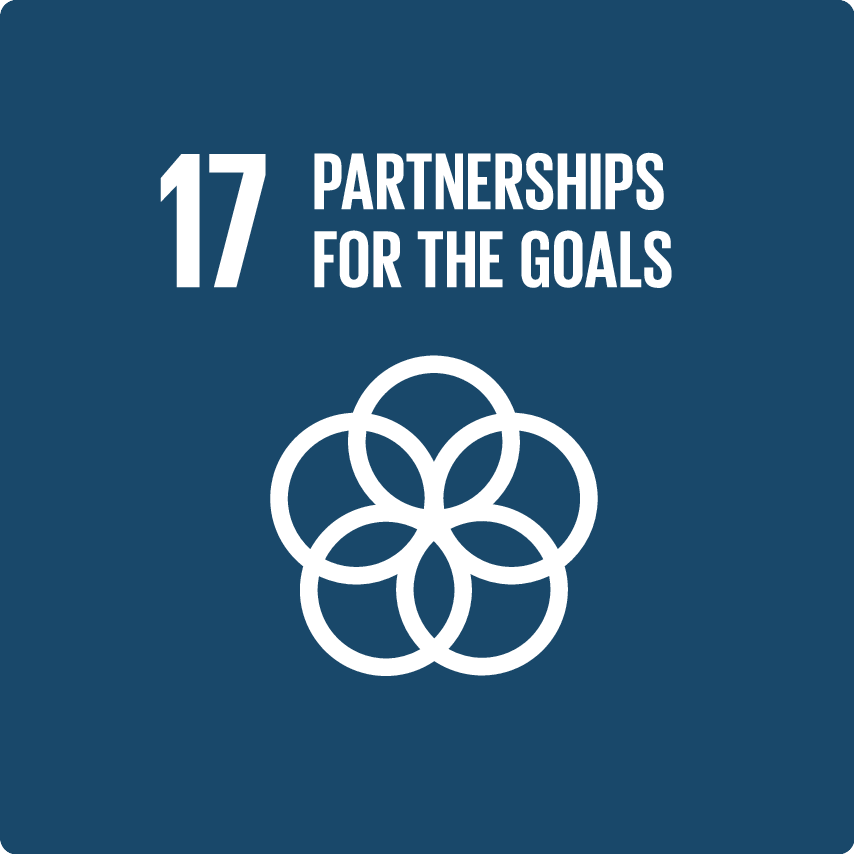PreDiCT-TB Consortium
Finding the most rapid and reliable ways of identifying the most potent combinations of new drugs and hasten their ability to be used clinically.
SEE ALL PARTNER ORGANIZATIONS
Objectives
- To find the most rapid and reliable ways of identifying the most potent combinations of new drugs and hasten their ability to be used clinically.
What are the health needs and challenges?
Tuberculosis (TB) is an airborne infectious disease caused by Mycobacterium tuberculosis. It usually affects the lungs causing coughing, fever and weight loss. Although the disease has long been both preventable and curable, TB is one of the top 10 causes of death and the leading cause from a single infectious agent. Treatment requires six months or more of combinations of antibiotics to ensure complete cure and more effective drugs are urgently needed to shorten treatment.
Partnership activities and how they address needs and challenges
PreDiCT-TB was a public-private partnership funded by the EU Innovative Medicines Initiative, comprising three major pharmaceutical partners (GSK, Sanofi, and Janssen Pharmaceutical Companies of Johnson & Johnson), two biotechnology firms (ZF Screens and Microsens Medtech) and fifteen academic partners headed by the University of Liverpool. The multidisciplinary consortium brought together experts in microbiology, pharmacology, engineering, mathematical modelling, and clinical trials to create a new integrated framework for TB drug development, making optimal use of preclinical information to design the most efficient clinical trials.
PreDiCT-TB aimed to overcome disconnects in TB drug development by adopting a fully integrated multidisciplinary approach grounded in pharmacokinetic (PK) – pharmacodynamic (PD) analysis and calibrated by clinical outcomes. By effectively integrating preclinical information into the early clinical phase, the Consortium aimed to provide a new framework and tools that facilitated the transition of the best combinations of drugs to late phase development and maximise their chances of success.
Results and milestones
For Publications which resulted from this Consortium please see predict-tb.eu
Geographic Reach
- Global Commitment
Disease Area
- Infectious and Parasitic Disease
Target Population
- Women
- Men
- People with low incomes
Partner organizations
Uppsala University
École Polytechnique Fédérale de Lausanne (EPFL)
Erasmus University
Instituto De Salud Carlos III
Liverpool School of Tropical Medicine
Max Plank Institute
St George's, University of London
University College London
University of Leicester
University of Liverpool
University of St. Andrews
University of Sussex
Public Health England
Evotec
Institute Pasteur
Microsens Medtech
ZF-Screens
European Commission
European Union
Geographic Reach
Global Commitment
Disease Area
Infectious and Parasitic Disease
- Tuberculosis



